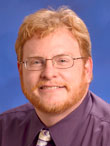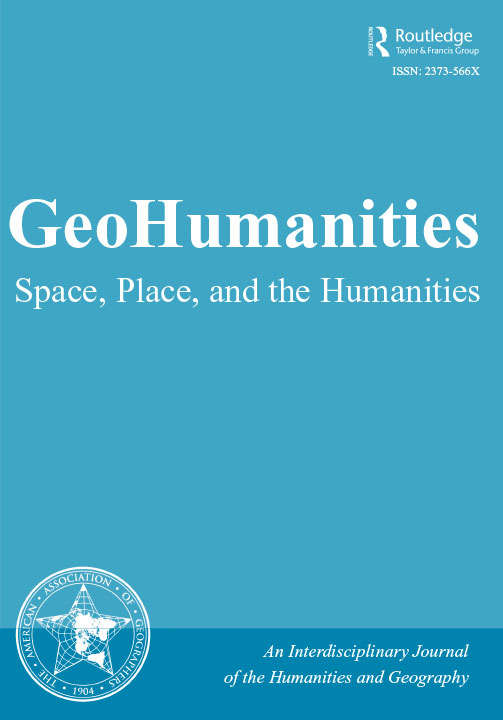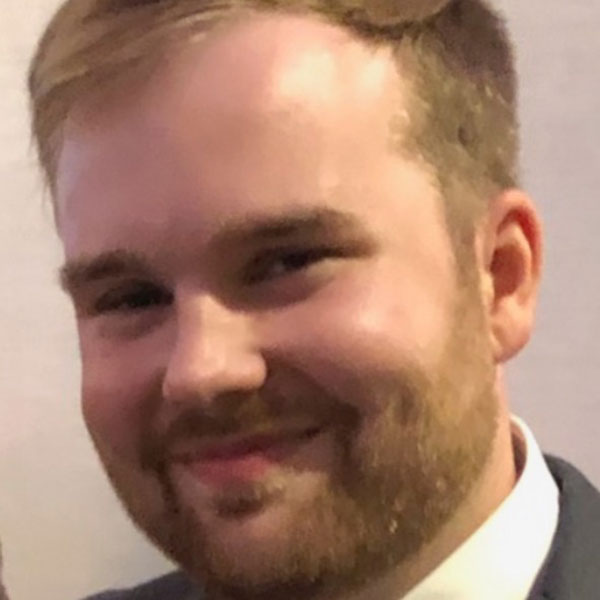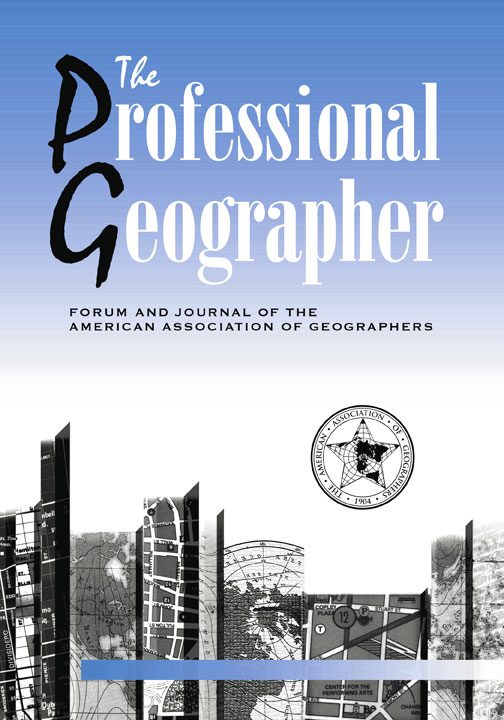2018 AAG Annual Meeting Presidential Plenary Announced
The AAG announces the 2018 annual presidential plenary session from its current president, Derek Alderman, as well as a panel of esteemed scholars. The presidential plenary is currently slated to take place during the 2018 AAG annual meeting on Tuesday, April 10, 2018 in the Grand Ballroom at the Sheraton Hotel from 6:30 -8:30 p.m.
 Alderman will present When the Big Easy Isn’t So Easy: Learning from New Orleans’ Geographies of Struggle. Beyond merely providing hotels, restaurants, and bars, the hosting cities of AAG meetings offer important moments to delve into the scientific value of these locations and to learn about the historical and contemporary forces and tensions that shape their communities and spaces. Doing so not only advances our intellectual understanding of place but also has the potential to create a more responsible and empathetic visitor and academic conference citizen—someone who can appreciate, analyze, and be affected by the people and places that exist beyond tourism brochures found in hotel lobbies.
Alderman will present When the Big Easy Isn’t So Easy: Learning from New Orleans’ Geographies of Struggle. Beyond merely providing hotels, restaurants, and bars, the hosting cities of AAG meetings offer important moments to delve into the scientific value of these locations and to learn about the historical and contemporary forces and tensions that shape their communities and spaces. Doing so not only advances our intellectual understanding of place but also has the potential to create a more responsible and empathetic visitor and academic conference citizen—someone who can appreciate, analyze, and be affected by the people and places that exist beyond tourism brochures found in hotel lobbies.
When the Big Easy Isn’t So Easy creates a space to explore the role of struggle in the making, unmaking, and remaking of New Orleans. The city’s development has long been a power-laden process in which multiple identities, histories, and social interests converge, mix, but also clash. A wide range of racial, ethnic, class, and environmental struggles have shaped New Orleans in complex ways, making it a site of vulnerability, inequality, and displacement and at the same time a place of resourcefulness, creative surviving and living, and social justice activism.
Panelists, all of whom are civically engaged scholars and gifted geographic storytellers, will highlight not only the (Post) Katrina experience but also the deeper historical and geographic roots of struggle in New Orleans. They will take the audience to evocative spaces and moments, using the opening session to open broader discussions of issues such as black lives and geographies, disaster response and recovery, food justice, water-society relations, the politics of public memory, and urban political economy. Panelists will reflect on the larger academic-political lessons from New Orleans, offer ideas for (re)imagining the future of this city and others, and demonstrate how geographers can learn from and with the host cities for our AAG meetings.
In addition to President Alderman, panelists will include:

Laura Pulido, University of Oregon. Noted black geographies scholar and editor of recently released edited book on New Orleans.
Craig Colten, LSU. One of the perennial experts on NOLA and Louisiana history of human-environment/water-society relations.
Richard Campanella, Tulane University. Author of AAG’s ongoing features on NOLA and widely published local expert.
Michael Crutcher, Jr, Independent Scholar. Long-time expert on NOLA and author of book on Treme neighborhood.
Catarina Passidomo, University of Mississippi. Emerging scholar in southern studies, food geography/justice, and wrote dissertation on post-Katrina NOLA.
Rebecca Sheehan, Oklahoma State University. Has worked extensively as of late on the controversial removal of Confederate monuments from NOLA.


